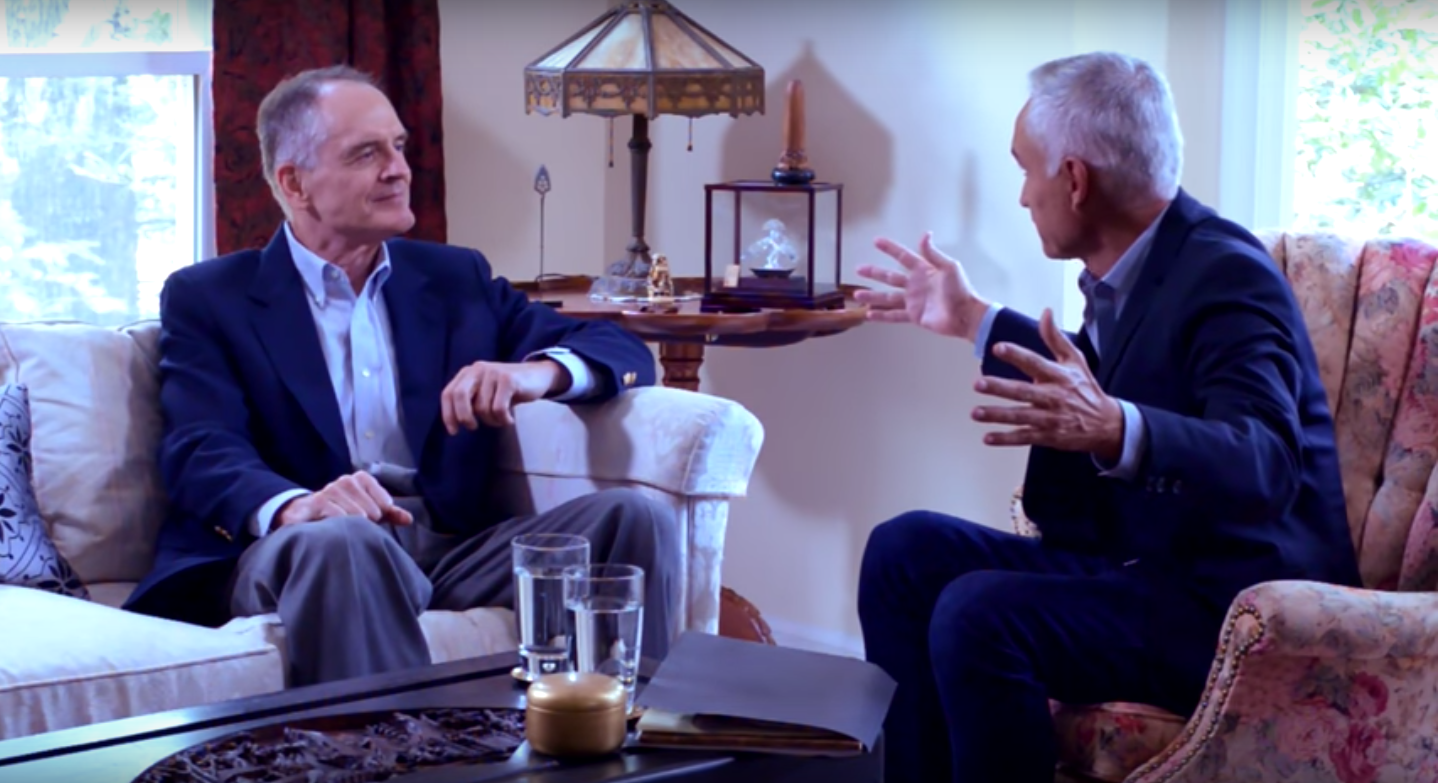Should Scholars Engage with the Alt-Right?
This week, a debate between Jorge Ramos and Jared Taylor went viral in Spanish language social networks. The debate was originally an interview for Hate Rising, a documentary that aired last October. Ramos is one of Univision’s anchors, and he was infamously expelled by then-candidate Donald Trump from a press conference. Taylor is the editor of American Renaissance, a white nationalist organization that became one of the most visible representatives of the alt-right; he also enthusiastically supports President Trump.
Taylor and Ramos’ debate was only briefly included in the documentary, but Taylor uploaded an extended version on his own website. In the interview, Taylor never raises his voice or insults anybody, but makes quite offensive remarks. For example, when talking about Mexican immigrants, Taylor complains about cocks crowing in backyards at 3:00 am. Ramos rightly interrupted Taylor and denounced his remark as a gross stereotype.
With such offensive views, did Ramos do well to interview Taylor? Should people like Taylor be given media coverage? Should the alt-right be engaged? I believe the answer is: yes, yes and yes. The alt-right, deplorable as it may be, is not in the same field as Creationists, who should emphatically not be engaged. People such as Taylor make academic arguments that may lead to uncomfortable and politically incorrect conclusions, but nevertheless require careful and thoughtful refutation.
Disgusting as Taylor may be, the truth is that he is of a different caliber. Unlike Trump, he is not a populist. He was educated in Yale, knows how to build an argument and follows the rules of a debate. Throughout the interview with Ramos, Taylor brings up facts and opinions that have long been held by some scholars, but Ramos tries to dismiss them as simply racist. Unfortunately, to accuse someone of being a racist is not a sufficient refutation. Sadly, it must be admitted that, in this debate, Ramos lost. Claims should be confronted with facts, not just with name calling and emotional appeals.
So, let’s take a look at some of the claims Taylor has made over the years, and which he repeats again in the interview. Taylor argues that all countries have a right to preserve their racial and cultural homogeneity, and that only a double standard inspires critics to pick on so-called “white countries” in their resistance against immigration. In the interview, Taylor specifically points out that Latin American countries do not welcome immigrants from other countries, so why should the US?
It is not entirely true that Latin American countries do not welcome immigrants. Argentina, Uruguay, Brazil, Venezuela, Mexico and many other Latin countries have received waves of immigrants from the Middle East, Europe and China for many years. But, even if they didn’t receive immigrants, Latin American countries should not be lauded for closing their doors to immigration. Perhaps, in an outburst of identity politics, Ramos refused to condemn Latin American countries. But, Taylor does have a point when he argues that some countries, such as the Dominican Republic, have mistreated immigrants with darker skin (especially the ones coming from Haiti). Ramos should have bit the bullet, by admitting that Latin American countries are not a nice model to follow.
Although he did not explicitly bring it up in this interview, Taylor has frequently argued that it is quite natural for human beings to prefer their ethnic kin, and this morally authorizes whites who want to keep America white. Under this view, whites will always prefer whites, and blacks will always prefer blacks; therefore, states with racial homogeneity work better. This view may seem very racist, but it has been defended by some scholars that, under normal circumstances of academic discussion, would never be accused of being racist.
Taylor relies mostly on Pierre Van Den Berghe’s theory of ethnic nepotism. This theory is basically an extension of William Hamilton’s theory of kin selection, which informs much of evolutionary psychology. According to Hamilton’s theory, we are naturally inclined to favor those who share a higher proportion of our genes; i.e., our relatives. Pierre Van Den Berghe claims that Hamilton’s theory extends not only to our relatives, but also to members of our ethnic group. For various decades, evolutionary psychologists have debated whether or not Hamilton’s kin selection may be extended to Van Den Berghe’s ethnic nepotism; for technical reasons, most scholars agree that ethnic nepotism is not an adequate concept. But, this is a purely scholarly issue, and even if Taylor wishes to derive a political conclusion from this discussion, it should be acknowledged that, in principle, it is an academic topic, and it should therefore be engaged in debate.
In the interview, Ramos asked Taylor whether or not he believes that blacks are intellectually inferior to whites. Taylor responded affirmatively. Predictably, Ramos was appalled, and accused Taylor of racism. But again, to achieve an optimal refutation, emotions must be left aside, and facts must be analyzed. This is only possible with engagement and dialogue.
In many of his publications, Taylor claims blacks are intellectually inferior, and tries to support this claim with evidence. He points out that, in IQ tests, on average, East Asians consistently score slightly higher than whites, and whites score far higher than Latinos and blacks. These are hard facts, and it is futile to try to deny them. To refute Taylor’s claim, we may bring up many things around this fact (IQ tests are biased; intelligence is not entirely biologically based; etc.), but we cannot simply accuse him of racism, as if that clinches victory in a debate.
Again, the alt-right has to be invited to the conversation. If we try to ignore them and refuse to dialogue with them, they will keep bringing up hard facts that seem to authorize their racist views. Their arguments are probably wrong, but they are not outrageous. They seem to make good inferences, and depart from true premises. Yet, in their reasoning, they have probably gone wrong somewhere. We should point out where, exactly, they have gone wrong. In order to refute them, we must listen carefully; i.e., the alt-right should be engaged.





